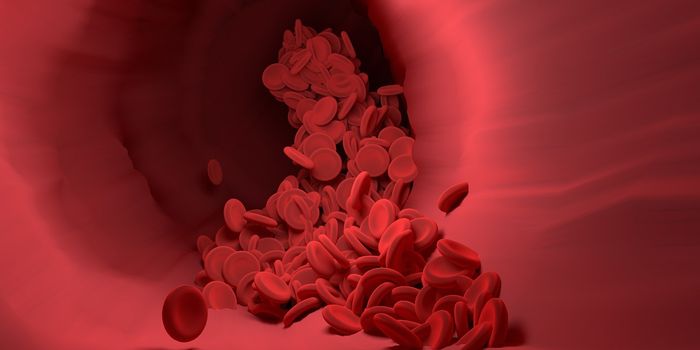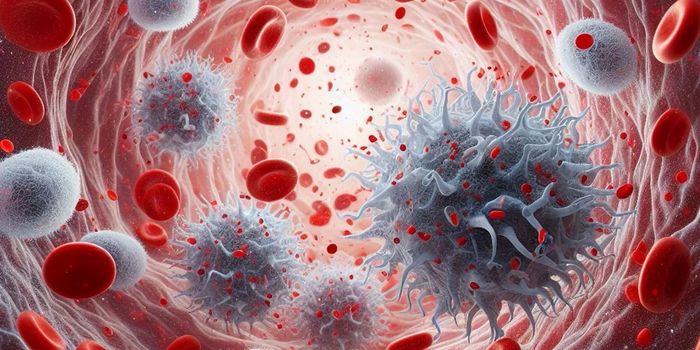How a Master Regulator May be Working to Protect Cancer
Scientists have now discovered yet another way that MYC proteins can promote cancer. MYC has been called a master regulator of the cell; it is a family of transcription factors that plays a crucial role in cell growth, and when MYC is activated, it can drive cancer progression. MYC is even known as "the grand orchestrator of cancer growth and immune evasion," and dysregulation of MYC is one of the most common cellular problems in cancer. When MYC is inactivated in laboratory models, tumors stop growing. Right now, there is no medication that is approved to inhibit MYC although some are in development. Caution must be used when targeting such an important player in the cell, and MYC can lead to cancer through several mechanisms.
The roles of MYC proteins in gene expression can hardly be understated; they are thought to bind to almost every promotor that is active, and can control the transcription of genes through the essential RNA polymerase II enzyme. In addition, MYC proteins are involved in some aspects of DNA repair and replication, and they can also move away from their binding sites on DNA to form spherical structures.
New research reported in Nature has shown that MYC proteins can form those spherical structures in response to certain conditions in the cell, which can are also present in cancer cells. The study has suggested the spheres that MYC proteins can form may also be surrounding vulnerable portions of DNA in cancer cells. If those MYC spheres are destroyed, cancer cells die.
When the researchers put cells under conditions that mimic the stressful, rapid growth of tumor cells, thousands of the MYC proteins formed the hollow spheres. Those spheres shielded certain places in DNA where two enzymes are found. One enzyme, RNA polymerase II reads DNA so an RNA transcript can be made, while the other enzyme works to duplicate DNA. These enzymes are like two trains moving on one track of DNA, and the sphere prevents a collision.
In this study, the researchers confirmed that this can happen in cancer cells. But when the protective spheres get turned off, the enzymes collide and the DNA starts to break. This can lead to death of the affected cancer cells.
"These observations revolutionize our understanding of why MYC proteins are so crucial for the growth of tumor cells," noted co-corresponding study author Martin Eilers of the University of Würzburg.
It may also be possible to prevent or disrupt the formation of the spheres. The researchers have formed a company based on this data, and they plan to look for drugs that can work that way.
Sources: University of Würzburg, Nature









